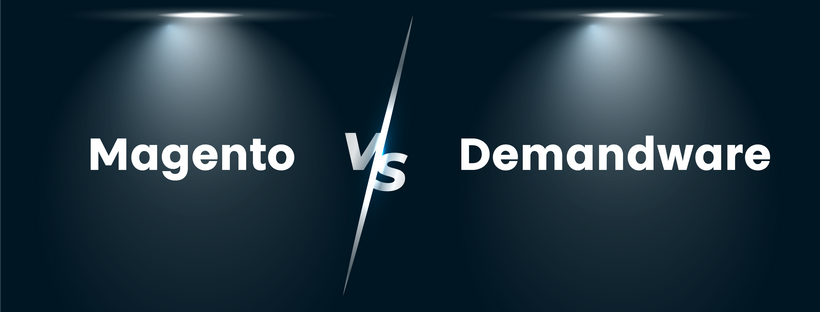Magento vs Demandware is the next competition that we want to analyze in detail.
In the development of the Industrial Revolution 4.0, the world of technology has changed so quickly. For that reason, businesses are seeking chances to move from offline to online, creating the highest convenience for customers.
Thenceforth, there are so many platforms in the market, making it difficult for businesses to decide which one is their perfect option. Among those options, Magento and Demandware are 2 names that we cannot overlook.
In this blog post, we want to compare Magento vs Demandware to help you choose the most suitable platform.
We also have delivered other competitions that you may feel interested in:
Magento Vs Demandware – Have You Known Them?
About Magento
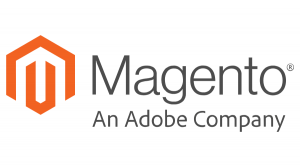
Magento might be more familiar among online businesses. Initially published in 2008, Magento has been developed for over a decade. It is an open-source platform written in PHP. So far, Magento has powered more than 250.000 websites worldwide, with over 2.5 million times of download.
Magento is an e-commerce platform that includes features built on open source technology to provide online sellers with flexibility and control through interfaces, content and functions of an e-commerce store.
Magento intuitively administers powerful marketing features, search engine optimization, and catalog-management tools that help salespeople create their sites according to unique business needs. Designed to be scalable, the Magento CE version provides businesses with a customized, secure and stable e-commerce solution.
Currently, Magento offers 2 editions: Magento Community Edition (FREE) and Magento Commerce. Besides, Magento Commerce has 2 pricing plans, based on the sales revenue, which we will mention in detail later.
About Demandware (Salesforce Commerce Cloud)
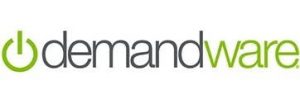
Founded in 2004, headquartered in Burlington, Massachusetts, Demandware originally is a software technology company that delivers a cloud-based centralized eCommerce platform. It contains mobile, AI personalization, order management functionalities, and related services for B2C, B2B merchants, and brand manufacturers worldwide.
In 2016, Salesforce acquired Demandware for $2.8 billion and subsequently renamed the company Salesforce Commerce Cloud. Now, Demandware (Salesforce Commerce Cloud) is a part of Salesforce’s Intelligent Customer Success Platform.

Salesforce Commerce Cloud is a cloud-based SaaS (Software as a Service) eCommerce technology that helps businesses develop and optimize their online stores by providing high scalability, out-of-the-box features and accessibility.
With built-in B2C functionalities, Salesforce Commerce Cloud is one of the best options for retailers. Notably, it has recently launched the B2B Commerce Cloud. Hence, Salesforce Commerce Cloud can target both retail and wholesale businesses, and it can be a redoubtable opponent for Magento.
Magento Vs Demandware – Detailed Comparison
Between 2 leading platforms Magento and Demandware, you may wonder which one you should choose to accelerate your business. Then, this section will give you further information about these 2 rivals in various aspects: Functionality, hosting, customization, support, pricing, etc.
Functionality
Both platforms provide robust functionalities for eCommerce websites to perform outstandingly. However, there are some critical differences in terms of their key features. Let’s find out!
Merchandising Capabilities
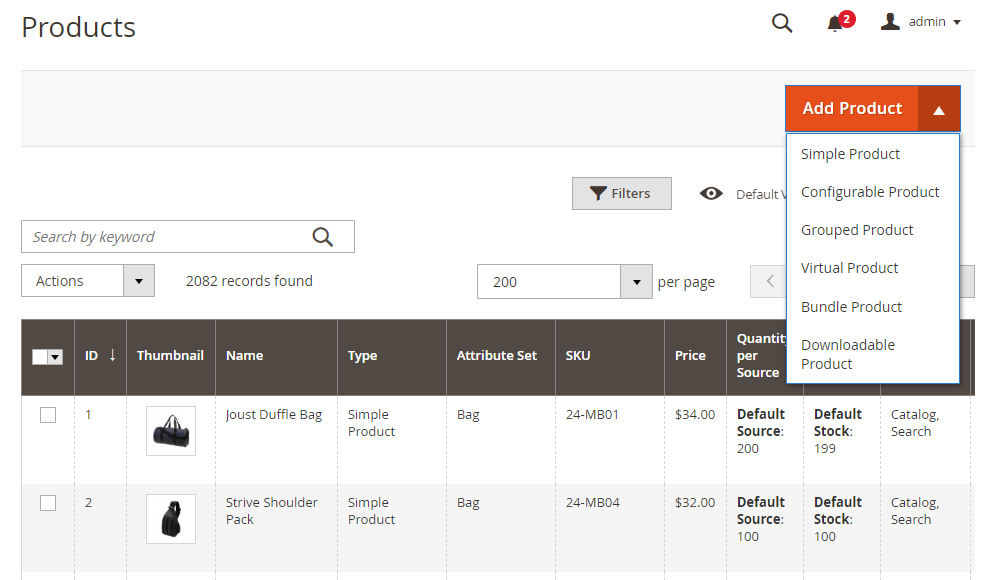
Magento is relatively strong in merchandising. It supports multiple product types, configuration and many other aspects, such as:
- Supporting a lot of product types: simple, grouped, bundles, configurable, virtual, downloadable, gift card).
- Easily customizing product types
- Assigning multiple levels for different customer groups
- Adapting different parts in the front-end to many customer segments
- Ability to create gift registries
- Content presentation and preview
- Promotions, private sales and events
- Product recommendations: cross-sells, up-sells, related products
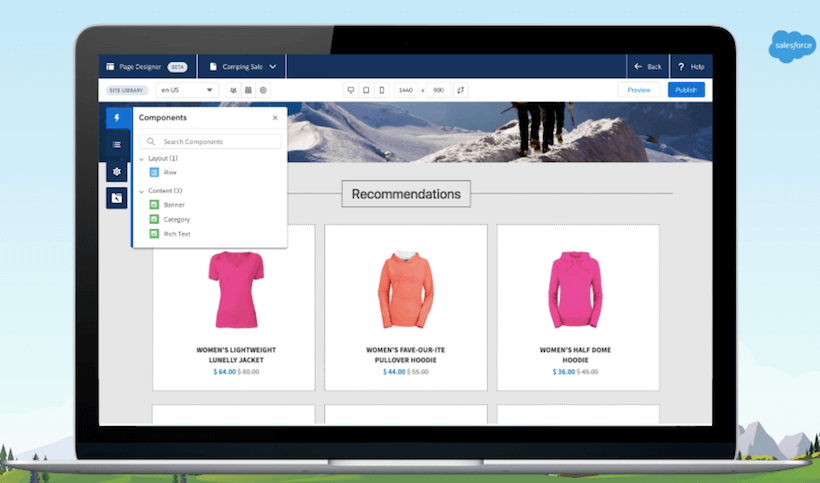
In merchandising, both platforms have similarities. Like Magento, Salesforce Commerce Cloud also supports complicated product types. Some of Salesforce Commerce Cloud’s key features in merchandising:
- Supporting multiple complex product types
- Visual merchandising: Sorting with drag-n-drop positioning
- Scheduling tasks (new products launching)
- Advanced promotions
- Creating multiple catalogs
- Multiple layers of personalization
One of the weaknesses of Salesforce Commerce Cloud is B2B features. Although it has launched B2B Commerce Cloud, its core competency is mainly B2C retailers. Therefore, Magento might be the winner in this aspect.
Content Management

In terms of content management, we guess that Magento is the winner over Demandware. With the recent publication of Page Builder 2.3, Magento is really strong in this area. Based on available templates and blocks, Page Builder enables admins to create content effectively. In this way, merchants can utilize pre-built components to customize their content.
On the contrary, Salesforce Commerce Cloud used to be weak in the area. Previously, this was not an effective platform to develop and manage content. However, there will be an improvement when new features (a new drag-n-drop page builder solution) will be added.
Loyalty & Rewards

Businesses when using Magento will be provided with optimal features to boost customer experience and retain customers through loyalty and rewards programs. Magento supports developing such programs with reward points, private and flash sales, and other modules like store credits, multiple wish lists, gifting options, etc.
Unlike Magento, Salesforce Commerce Cloud does not support similar features to build loyalty and reward programs. Instead, you need to purchase tools developed by its partners in the marketplace.
Return Management Authorization (RMA)

Both Magento and Demandware can support online businesses in terms of return management. If Salesforce Commerce Cloud has native capabilities, Magento offers a module to smoothen the return process.
With Magento’s RMA module, you can have a basic workflow to manage the process effectively. Also, you can create and assign specific roles for multiple admins. Thenceforth, you can restrict access to the function based on the assigned roles.
Omni-channel Capabilities

Omni-channel is a multi-channel approach to marketing, selling and serving customers in a way that creates an integrated experience, no matter where the customer is, when and which channel is used. Omni-channel is a prominent trend in marketing that many businesses are researching and implementing.
The Magento Commerce Order Management solution has recently been developed to help merchants manage their multiple channels efficiently, combining brick-and-mortar and click-to-mortar stores; hence, customers can buy anywhere they want. Magento’s solution has received lots of positive comments from actual users, despite the high charges.
Salesforce Commerce Cloud also combines eCommerce and offline store in one SaaS solution. This means that store owners can implement services such as pick up from the store, ship from the store, making customers more flexible in shopping.
Commerce Insights

How can Magento and Demandware investigate customer insights?
While Demandware uses Einstein to go into customer behaviors, Magento gets customer insights via Adobe Sensei. Utilizing Adobe Sensei’s strengths, Magento can develop personalized product recommendations, deliver and enhance customers’ relevant experiences.
For Salesforce Commerce Cloud, it tries to understand customer demands via Einstein, which provides machine learning, detailed reporting and personalization to gather insights.
B2B Features
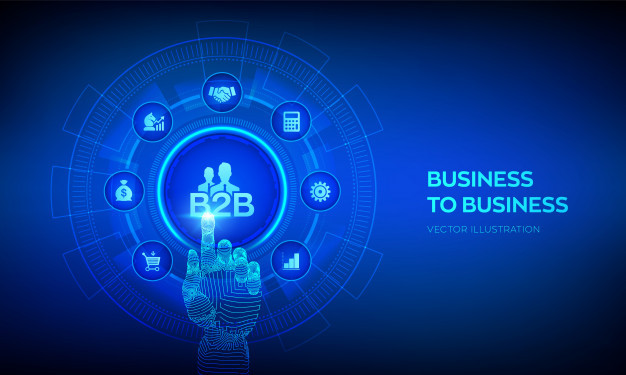
The last aspect that we cannot overlook is the B2B features. Magento Enterprise Edition supports built-in B2B features, namely, company account, quote, shared catalog, quick order, requisition list, purchase order.
Note: Only the Magento Enterprise Edition supports B2B features at default. If you are using the Community versions, purchasing additional B2B extensions is needed.
Meanwhile, B2B is not a strength for Salesforce Commerce Cloud. B2B features supported by the default are limited. Some features we can mention are, for instance, a custom catalog, quote, purchase orders. For that reason, Salesforce Commerce Cloud is more common for B2C.
Hosting

Magento is a self-hosted platform or an on-premise, which means that store owners have complete control over the website. If they are not skillful enough to develop the website, they need to hire professionals. It seems complicated and costly to maintain; nevertheless, store owners can freely manage their stores and add more functions to the site.
Recently, Magento has tried to develop the platform as a cloud-based solution to solve some drawbacks. But it is still on the way to be completely reliable.
Unlike Magento, Demandware is a cloud-hosted platform that is developed and managed by the Salesforce team. This is also an advantage for Salesforce Commerce Cloud and its users as they are provided with a guarantee over the web’s performance, even a security guarantee.
But it is not always beneficial for users. Compared to Magento, Salesforce Commerce Cloud’s users’ flexibility might be limited due to the access restriction and the source code. Consequently, it’s hard for users to customize their site to specific demands flexibly.
Integrations & Extensions
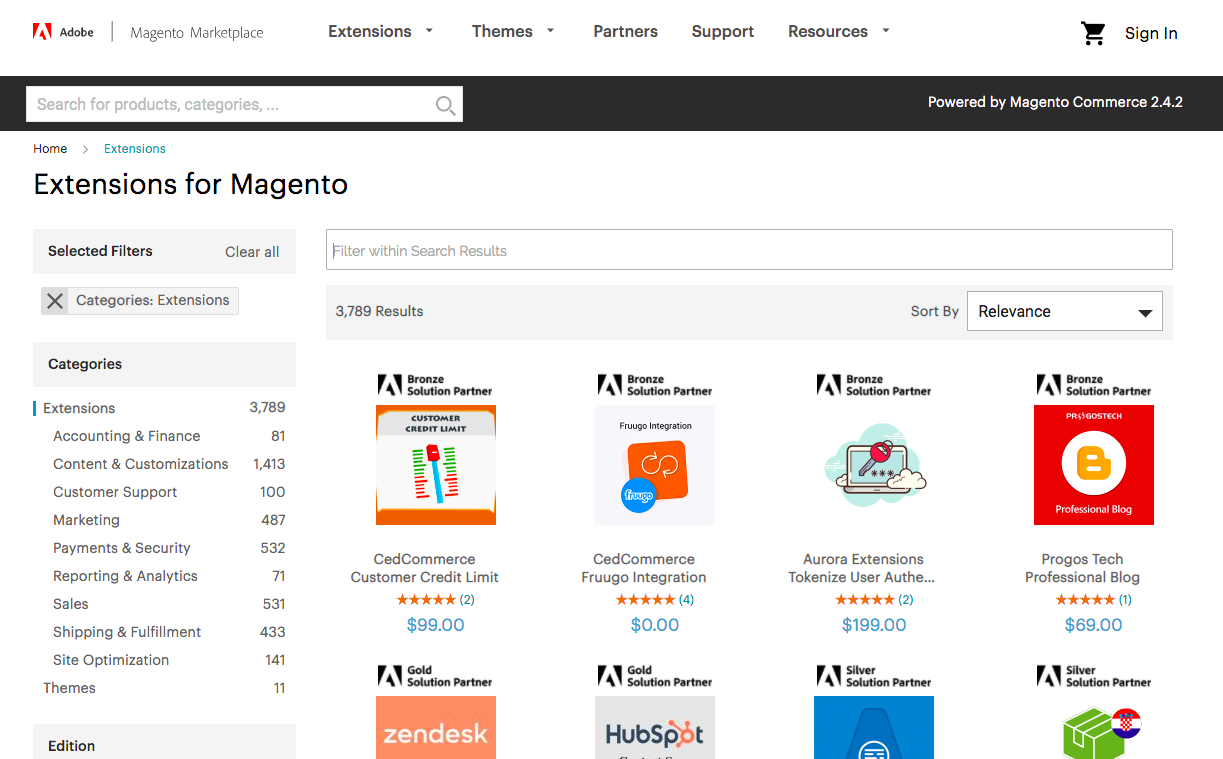
Without a doubt, Magento is famous for its integrations and extensions. In addition to its own marketplace with nearly 4.000 extensions, there are thousands of integrations, extensions and themes developed by countless Magento service providers.
In terms of integrations and extensions, Salesforce Commerce Cloud is in a more disadvantageous position. Similar to Magento, it is extensible; but for all that, it supports fewer integrations, which are pretty expensive in general.
Community Support

Magento indeed takes the lead when it comes to community support. All over the world, there is a considerable number of highly experienced and certified Magento developers as well as Magento agencies.
To be exact, Magento is supported by a massive global network with over 1.150 solution and technology partners, 3.000 developers, not to mention many Magento forums that Magento users can search for to timely solve issues.
Salesforce Commerce Cloud’s community is smaller than Magento. Also, there are not as many skillful developers as Magento’s. Although Salesforce Commerce Cloud’s agencies might be more prominent in size; nevertheless, this can be a con depending on customers’ demands.
Pricing
| Gross Sales Revenue | Magento Commerce (Enterprise Edition) | Magento Commerce Cloud |
|---|---|---|
| Less than $1 million | $22.000 | $40.000 |
| $1 million - $5 million | $32.000 | $55.000 |
| $5 million - $10 million | $49.000 | $80.000 |
| $10 million - $25 million | $75.000 | $120.000 |
| $25 million - $50 million | $125.000 | $190.000 |
Magento offers 2 editions and 3 pricing plans for all types of business, from SMEs to large-sized enterprises. Magento Community Edition is the only version that is FREE of charge with free program codes, which is quite suitable and affordable for SMEs.
Magento Commerce charges users based on their annual gross revenue, inversely proportional. Details are presented in the table above, starting at about $22.000 per year, a one-time payment. If you are a newcomer, you can make a payment monthly during the first year of usage.
For that reason, we suppose that these 2 editions are more suitable for large enterprises due to the high cost with more premium features to meet the requirement of more enormous inventory, more complicated sales process, and others.
Recently, Salesforce Commerce Cloud has changed its pricing policy, including 3 core packages: Starter, Growth and Unlimited or Plus for both B2B and B2C Commerce. This enables Salesforce Commerce Cloud to compete with its rivals like Magento, Shopify, etc.
Salesforce pricing is developed following the GMV (Gross Merchandise Value) model. To get the ownership, users have to pay an amount of cost that accounts for 2-3% of GMV, depending on which price tier they chose.
| B2C Commerce - Starter | B2C Commerce - Growth | B2C Commerce - Plus | |
|---|---|---|---|
| Number of sites | 1 | 5 | Unlimited |
| Number of price books | 2 | 10 | Unlimited |
| On-demand Sandbox | 750K credits | 1.2M credits | 2.0M credits |
| Fee | 1% GMV | 2% GMV | >2% GMV |
In general, Magento charges lower fees for its plans. Meanwhile, Salesforce’s pricing is much higher and more complicated. The cost of using Salesforce Commerce Cloud might be five times higher than Magento.
Magento Vs Demandware (Salesforce Commerce Cloud) – Who Wins?

Back to the main question: “Magento vs Demandware – Who is the winner?” We cannot have a fixed answer as the winner depends on the users’ demands and requests for business type, business field, function, size, and many others.
For example, if you want to run a B2B2C business, accessing both B2B and B2C on the same site, Magento should be your top option with robust built-in B2B features. But if you only want to target B2C retailers, either of the 2 platforms is fine.
The table below summarizes all pros and cons of both Magento and Demandware (Salesforce Commerce Cloud).
| Magento | Demandware (Salesforce Commerce Cloud) | |
|---|---|---|
| Pros | ||
| Cons |
Final Thoughts

Above is our detailed comparison between Magento vs Demandware. Both platforms have their advantages and drawbacks. Therefore, we suggest analyzing and considering your online business demands and choosing the most suitable platform to power your business successfully.
If you want us to deliver other competitions, please comment in the section below. We will respond as soon as possible.
Thanks a lot for reading!

